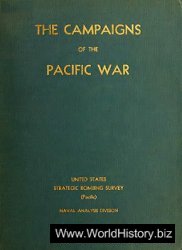As he had so often done in the past, Henry Clay rose to offer a compromise bill. He submitted a resolution proposing that California be admitted as a free state and that the remainder of the Mexican Cession territory to be organized without mention of slavery. The issue of the Texas-New Mexico boundary, which had created a controversy, would be settled in New Mexico's favor, but Texas would be compensated with a federal assumption of its state debt.
The slave trade (but not slavery) would be abolished in Washington, D. C., and a more stringent fugitive slave law replacing the 1793 fugitive slave act would be enacted and vigorously enforced. Other minor related issues were also included.
In the weeks of Senatorial debate which preceded the enactment of the Compromise of 1850, a range of attitudes was expressed. Clay took the lead early in speaking for the resolutions he had introduced. The Great Compromiser advised the North against insisting on the terms of the Wilmot Proviso and the South against thinking seriously of disunion. South Carolina's John Calhoun, who was dying, asked Senator James M. Mason of Virginia to read his gloomy speech for him. After explaining why the bonds of sentiment between North and South had been progressively weakened, Calhoun went on, in the section printed below, to say how he thought the Union could be saved. Three days later, he was followed by Daniel Webster, who agreed with Clay that there could be no peaceable secession. Webster's attempt to restrain Northern extremists brought him abuse from anti-slavery men in his own section, where formerly he had been so admired. Extreme views were expressed on both sides, but the passage of the compromise measures showed that the moderate spirit of Clay and Webster was still dominant.
Here are excerpts from the 1850 Compromise debates. As much as any political debates
In the nation's history, they define the positions held by various parties to the conflict:




 World History
World History









